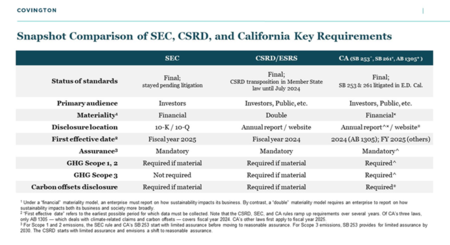The food we eat is becoming increasingly sweeter with food companies steadily adding more sugar and artificial sweeteners to many of their products over the past decade, new research shows.
A global study by Deakin University’s Institute for Physical Activity and Nutrition (IPAN), found substantial increases across the Asia Pacific region, including Australia, where added sugar in packaged foods increased by 39 per cent between 2007 and 2019.
Artificial sweeteners in drinks increased by 47 per cent in the region over the same period.
Lead researcher and PhD candidate Cherie Russell said the findings reveal national food regulations, that are designed to reduce the amount of added sugar in our diets, were not working.
“In the main, food companies are using more artificial sweeteners in their products but they’re not using less sugar,” Ms Russell said.
“Increasingly, companies are adding both sugar and artificial sweeteners to sweeten their food and drinks.
“This is a worrying trend as eating sweet food can influence our palates and encourage us to want more sweet food. It is of particular concern for children who are still developing their lifelong taste preferences.”
The study is the first to look at international sales volumes of sugar and artificial sweeteners. Its global findings reveal:
- Added sugars in packaged food increased by 9 per cent,
- Added sugars in drinks decreased by 12 per cent, reflecting a significant drop in the US where artificially sweetened drinks increased,
- Artificial sweeteners in packaged food increased by 3 per cent, and
- Artificial sweeteners in drinks increased by 36 per cent.
Across the Asia Pacific, the results were more marked:
- Added sugars in packaged food increased by 39 per cent,
- Added sugars in drinks increased by 14 per cent,
- Artificial sweeteners in packaged food increased by 39 per cent, and
- Artificial sweeteners in drinks increased by 47 per cent.
Ms Russell said high levels of sugar in our diet were linked to weight gain, heart disease, Type 2 diabetes, and tooth decay, especially when consumed as sugar sweetened beverages.
“People may think that artificially sweetened food and drinks are healthier than sugar sweetened products, but these additives are also linked to poor health outcomes, including weight gain, changes to the gut and even cancer,” Ms Russell said.
“You only find artificial sweeteners in ultra-processed foods, which is ‘junk food’. The best solution to reducing our added sugar intakes is to improve the availability and affordability of healthy whole foods, such as fruit, vegetables, and whole grains.”








